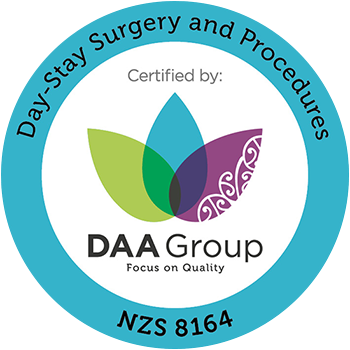If you’re thinking about having eye surgery, you’ll probably have lots of questions. Whether you’d like to know about the risks, what happens before, during and after surgery, or how long you can expect your recovery to take, our experienced team will always be happy to explain.
In the meantime here are the answers to some of the most commonly asked questions:
Questions about procedures & risks
Questions about what it’s like after eye surgery & recovery
We make eye treatment easy across New Zealand
At Eye Institute we match exceptional treatment with stress-free service

We’re national
We have clinics throughout Auckland and also in Wellington, Hawke’s Bay and Blenheim, with convenient options for our out-of-town patients to make our treatments accessible to patients nationwide.

We’re straightforward
We understand that choosing an eye surgeon can be confusing. Our aim is to make your eye care journey as easy and stress-free as possible.

We make excellence accessible to all
Our mission is to make the best eye surgery available to anyone. We’ve developed financing programs for our patients to help make treatment accessible to all.

We fit your life
You deserve exceptional personalised service. If you are limited in time, speak to one of our friendly team members about our flexible appointment options and we will do our best to accommodate your needs.

We’re authentic
Our warm and friendly team of experts ensure you feel valued and confident on your eye care journey.


